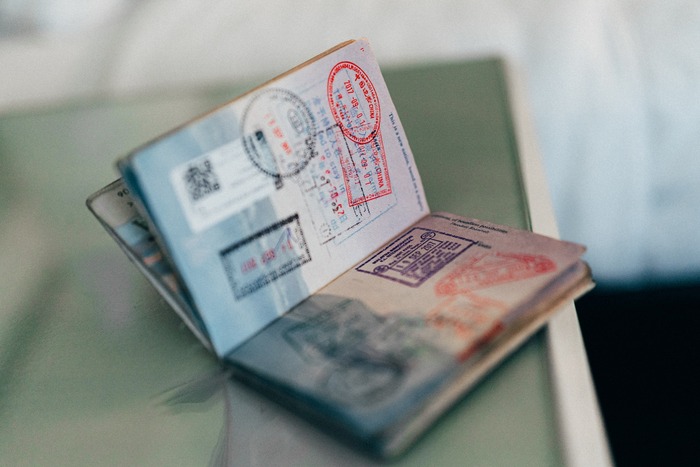Security Concerns Lead to US Imposing Visa Restrictions on Hungarian Passport Holders

On Tuesday, the U.S. Embassy, along with a government official, revealed that the United States has implemented new travel restrictions on citizens of Hungary. This action comes as a result of concerns regarding the verification of identities for nearly 1 million foreigners who were granted Hungarian passports over a span of nine years.
These restrictions pertain specifically to the U.S. Visa Waiver Program, which typically allows passport holders from 40 countries to visit the United States for business or tourism without obtaining a visa, for a maximum stay of 90 days. However, in the case of Hungarian passport holders, there have been changes made to the Electronic System for Travel Authorization (ESTA).
The validity period for travel under ESTA has been reduced from two years to one year, and each traveler will now be allowed only a single entry into the United States. It's important to note that these restrictions are unique to Hungary, as they are the only country among the 40 participating states in the Visa Waiver Program facing such limitations.
According to a senior U.S. government official who spoke anonymously to provide candid insights into diplomatic engagements, the recent change in travel restrictions came after years of unsuccessful attempts by the U.S. to collaborate with Hungary's government in resolving security concerns.
The official disclosed that hundreds of thousands of Hungarian passports were issued without strict identity verification requirements. This laxity in verification led to some passports being granted to individuals with criminal backgrounds, posing significant safety threats and having no genuine connection to Hungary.
The simplified naturalization procedure initiated by Hungary's government, under Prime Minister Viktor Orbán's leadership in 2011, allowed individuals to claim Hungarian ancestry even if they did not reside or intend to live in Hungary. This policy potentially contributed to the issuance of passports to individuals without sufficient ties to the country.
Through the streamlined process, hundreds of thousands among the estimated 2 million ethnic Hungarians residing in neighboring countries, notably Romania, Serbia, and Ukraine, obtained Hungarian citizenship.
Critics argue that this program enabled non-taxpaying ethnic Hungarians living in other countries to participate in Hungarian elections, potentially granting Prime Minister Orban's ruling Fidesz party an electoral advantage.
As a result of these concerns, the United States previously reclassified Hungary as a provisional member of the Visa Waiver Program.
On Tuesday, Hungary's government issued a response to the imposed restrictions through a statement from the Interior Ministry. The statement conveyed that the United States had requested the personal data of ethnic Hungarians living abroad with dual citizenship, but Hungary's government declined to provide this information in order to safeguard the security of those citizens.
The statement further asserted that the actions taken by President Joe Biden's administration were seen as a form of retaliation against Hungarians for their stance on protecting their citizens' privacy and security.